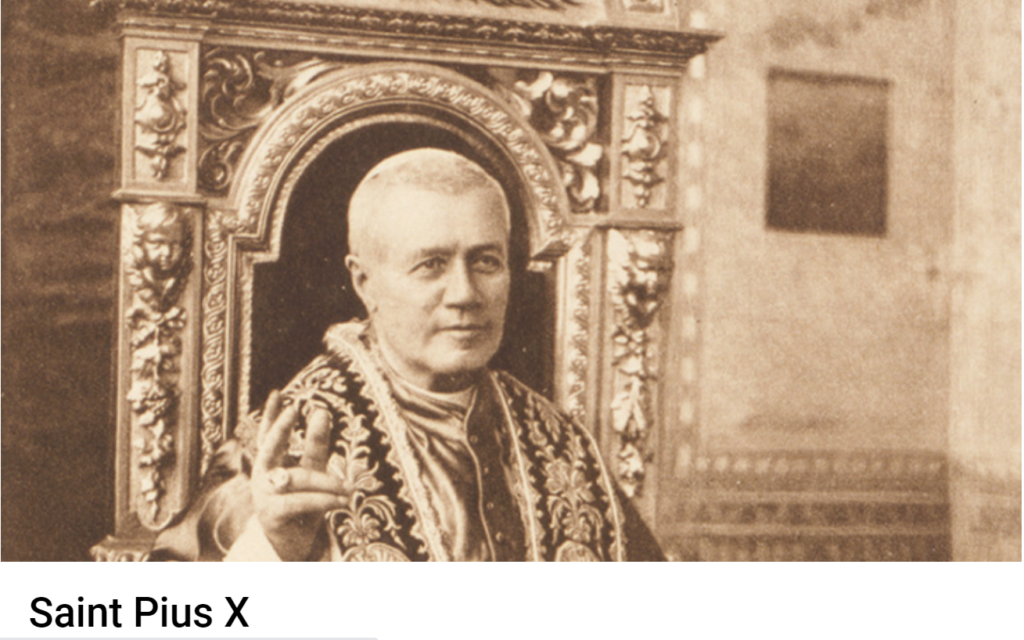
Pope St. Callistus I (d. 223 A.D.) was a Roman by birth and a Christian slave. He was the servant of a fellow Christian serving in the Roman imperial household. He was entrusted with the task of managing his master’s wealth, which he used to operate a bank into which many Christians invested their money. When the bank failed due to unpaid loans, Callistus fled the city in fear of retribution. He was soon caught, and in punishment was sentenced to hard slave labor in the Sardinian mines. He eventually obtained his freedom when he and the other Christian slaves working in the mines were released, or perhaps ransomed, with special pardon from the Emperor. Callistus was later recalled to Rome by Pope Zephyrinus to serve as his deacon, top adviser, and the caretaker of the important Christian cemetery along the Appian Way. This cemetary, which now bears Callistus’ name, contains the relics of many martyrs. As the Holy Father’s adviser, St. Callistus drew the ire of Tertullian and St. Hippolytus of Rome who were his constant theological opponents. When Pope Zephyrinus died, Callistus was elected to the Chair of St. Peter in 217 A.D. As pope, St. Callistus was known for his leniency and forgiveness. He upheld the teaching of the Church that grave sins could be forgiven with true contrition and due penance, which was controversial at the time. He reigned for five years and died a martyr; one account holds that he was killed by an anti-Christian mob, being thrown from his house and stoned to death. His feast day is October 14th.
//Catholic Company//









